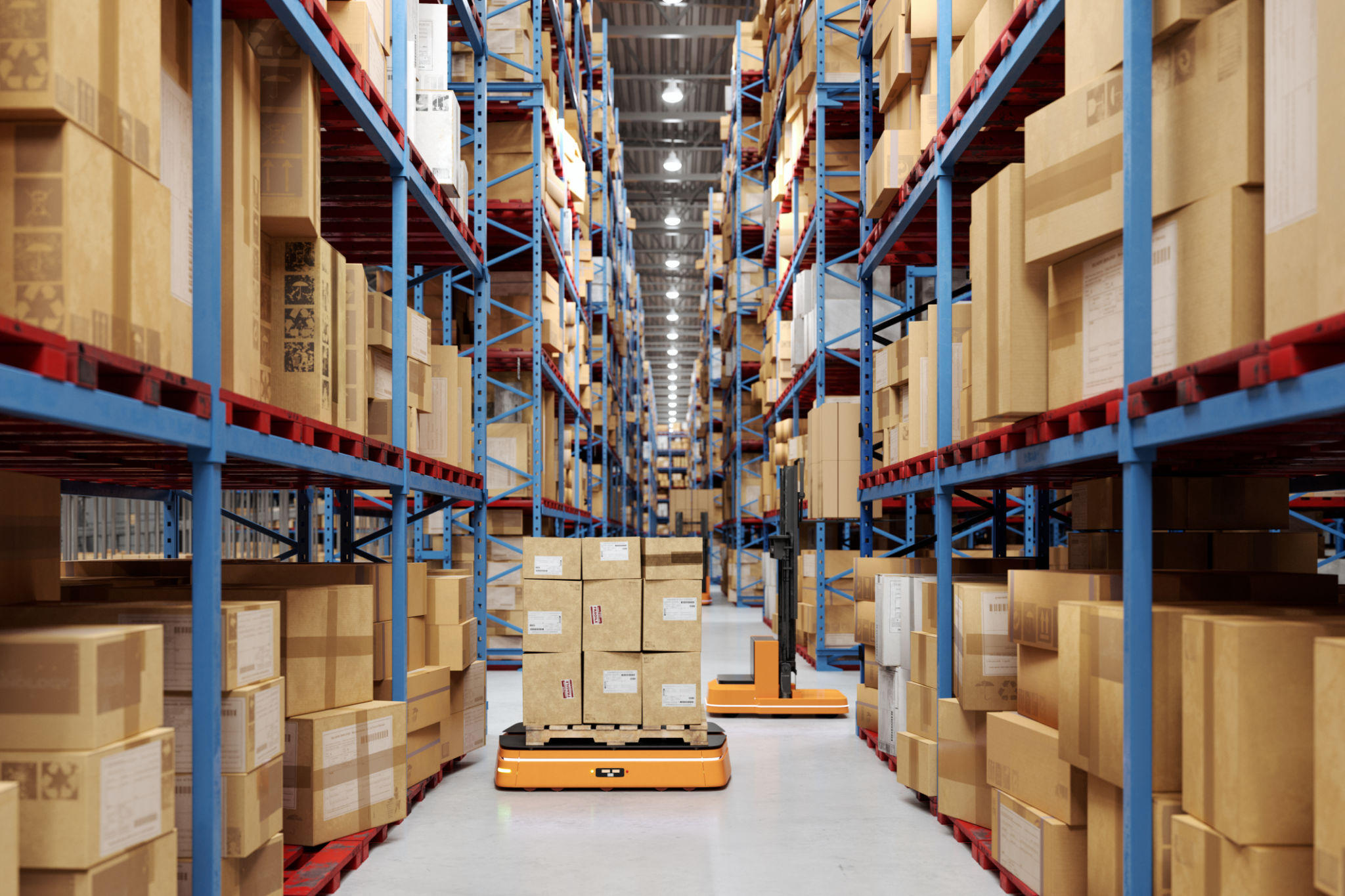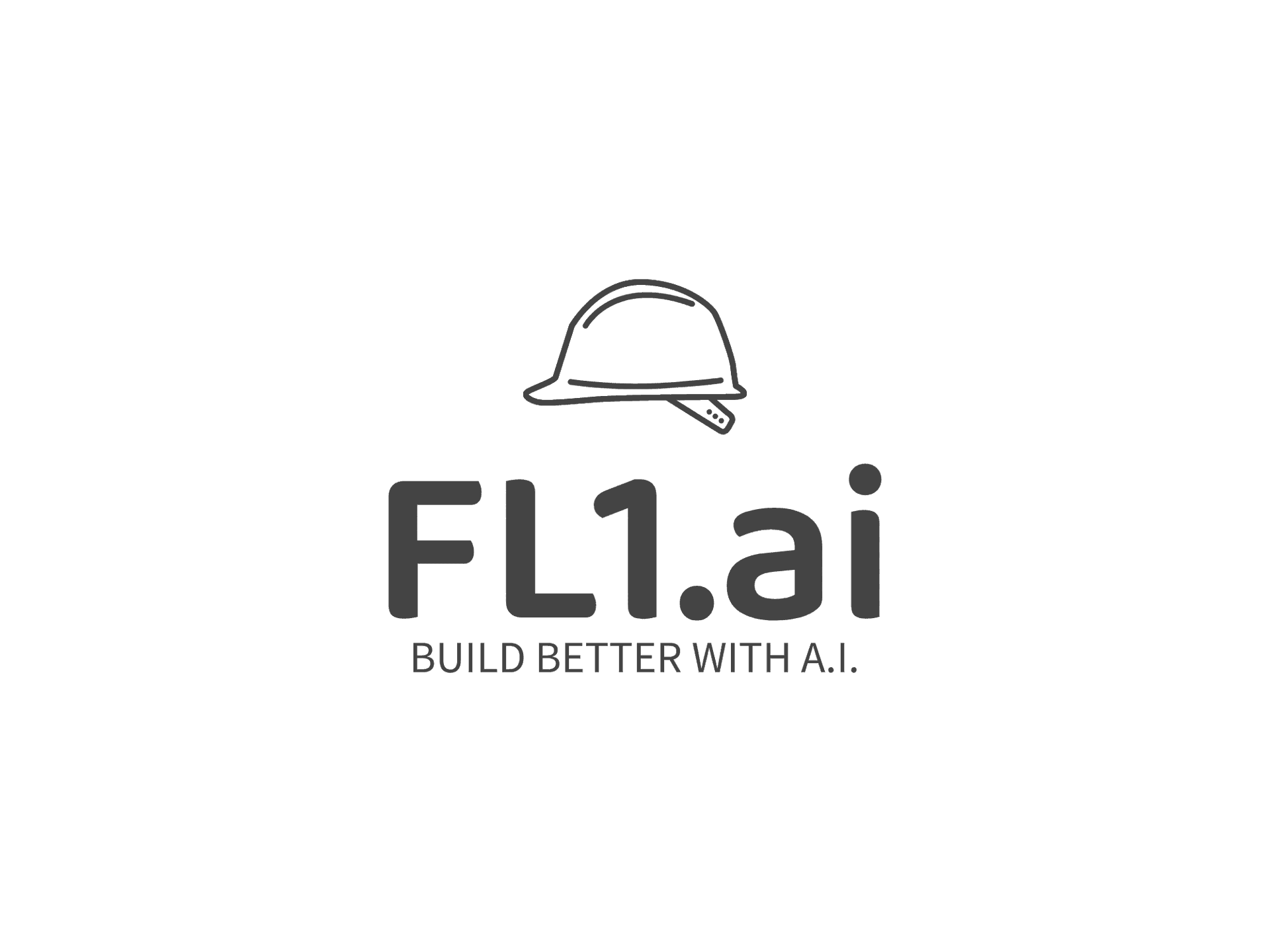Enhancing Safety in Construction Projects with AI Solutions
The Rise of AI in Construction Safety
In recent years, the construction industry has witnessed a significant transformation with the integration of Artificial Intelligence (AI) solutions. These advancements have not only streamlined processes but also enhanced safety measures on construction sites. AI's ability to process vast amounts of data and predict potential hazards makes it an invaluable tool in mitigating risks and ensuring a safer work environment.
Construction sites are inherently hazardous, with heavy machinery, elevated work areas, and complex operations posing constant risks. AI technologies offer a proactive approach to safety by identifying potential issues before they escalate into accidents. This predictive capability is crucial in reducing the number of workplace injuries and fatalities.

AI-Powered Monitoring and Surveillance
One of the primary applications of AI in construction safety is through advanced monitoring and surveillance systems. AI-powered cameras and sensors can continuously analyze site conditions, equipment usage, and worker behavior. These systems can detect unsafe practices, such as workers not wearing protective gear or machinery operating in unsafe proximity to personnel.
With real-time alerts and notifications, site managers can address these issues promptly, ensuring compliance with safety protocols. Additionally, AI systems can maintain comprehensive records of safety violations, aiding in training and reinforcing safety culture on-site.
Enhancing Predictive Maintenance
A key aspect of maintaining a safe construction environment is ensuring that all machinery and equipment are in optimal working condition. AI-driven predictive maintenance tools can analyze data from equipment sensors to forecast potential failures or malfunctions. By predicting when a machine is likely to fail, maintenance teams can perform timely repairs or replacements, preventing accidents caused by equipment breakdowns.

AI in Risk Assessment and Planning
Beyond immediate safety concerns, AI also plays a vital role in risk assessment and project planning. By analyzing historical data, environmental conditions, and project specifications, AI can identify potential hazards associated with specific construction tasks. This information allows project managers to develop comprehensive safety plans tailored to the unique challenges of each project.
Moreover, AI can simulate different scenarios to assess the impact of potential incidents, enabling teams to devise effective contingency plans. This proactive approach not only enhances safety but also optimizes resource allocation and project timelines.
Training and Education
AI solutions are also revolutionizing training and education in the construction industry. Virtual Reality (VR) and Augmented Reality (AR) technologies, powered by AI, provide immersive training experiences for workers. These tools simulate real-world construction environments, allowing workers to practice safety protocols and emergency responses in a controlled setting.

Such interactive training methods improve retention and understanding of safety procedures, empowering workers with the skills needed to navigate complex job sites safely. Continuous learning through AI-driven platforms ensures that workers stay updated on the latest safety standards and best practices.
The Future of Construction Safety with AI
As AI technology continues to evolve, its applications in construction safety will expand further. Future developments may include more sophisticated predictive models, autonomous machinery with built-in safety features, and AI-driven site management systems that offer even greater control over safety processes.
By embracing AI solutions, the construction industry can move towards a future where incidents are minimized, productivity is enhanced, and workers' safety is prioritized above all else. The ongoing integration of AI will undoubtedly pave the way for a safer, more efficient construction landscape.
